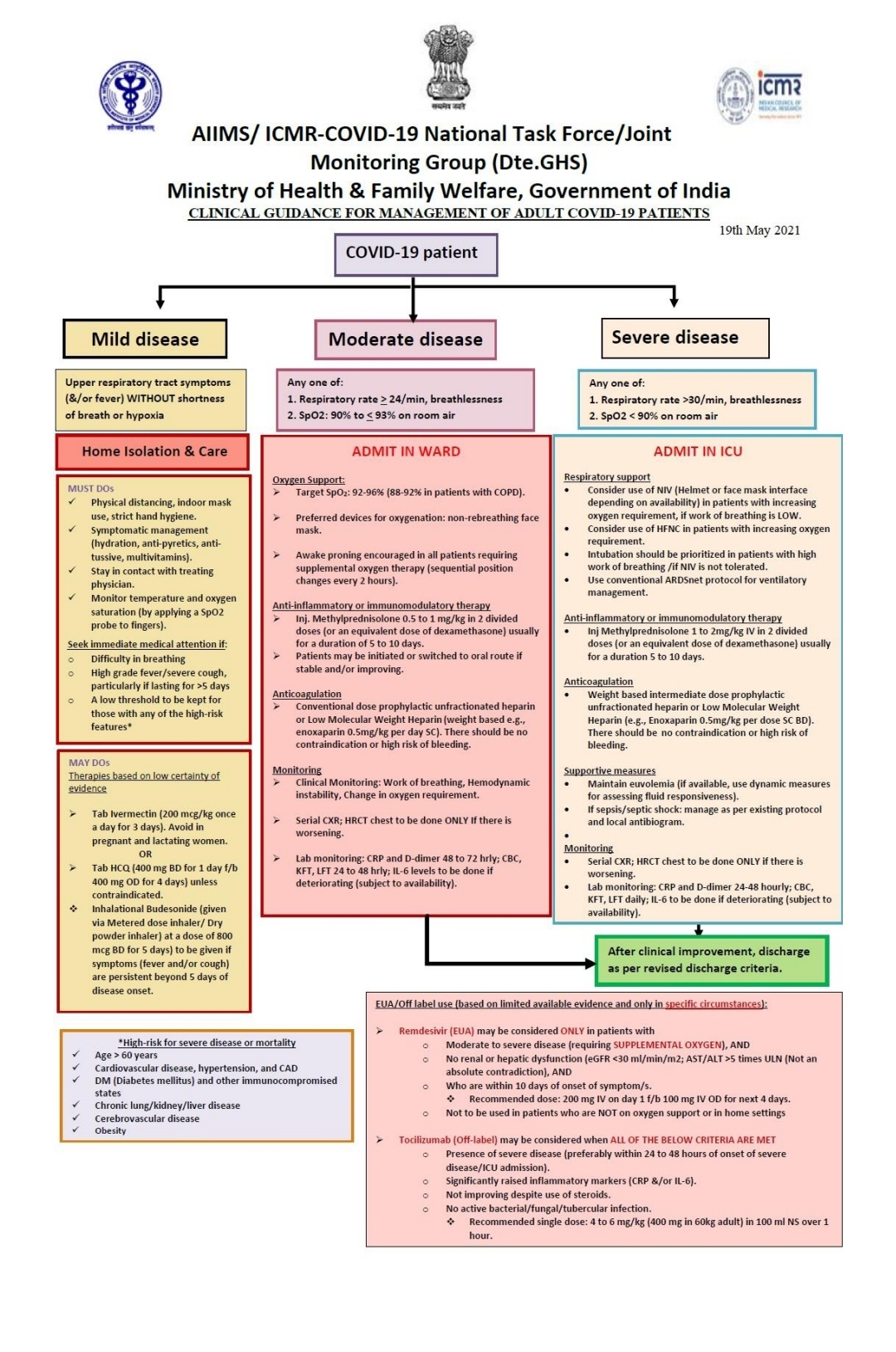Washington D.C. December 4, 2024 (PAHO) – A new report into violence against Indigenous and Afro descendent women and girls, launched today by the Pan American Health Organization (PAHO), calls on countries of the Americas and partner organizations to urgently improve information and strengthen the implementation of programs that address the impact of gender-based violence on ethnic groups in the Region.
The report, Violence against Indigenous and Afro descendent and other ethnic women and girls in the Region of the Americas, reveals that while violence against women is prevalent throughout Latin America and the Caribbean, those from certain ethnic backgrounds are particularly impacted.
In 2022, PAHO launched a region-wide study to review available information, identify gaps and explore next steps to address this issue. The study showed that while several countries in the Region had strengthened information on violence against women from specific ethnic backgrounds, more must be done to improve data, research and policymaking, in direct collaboration with Indigenous and Afro descendant communities themselves.
As a result of this study, the report also calls for a comprehensive response to violence against women that considers the different types of violence, its drivers and consequences, as well as the dimensions of discrimination affecting women and girls of different ethnic groups.
“Understanding the magnitude of violence against women, as well as its risk factors and consequences, is key to preventing and responding to gender-based violence in our Region,” Anselm Hennis, Noncommunicable Diseases and Mental Health Director at PAHO, said. “Countries must work together to implement violence prevention policies with intercultural approaches to ensure they reach the populations where they are needed the most.”
“This report highlights the importance of promoting community-based, participatory, and culturally appropriate solutions, as well as policies that address the social determinants of health within these communities,” Gerry Eijkemans, Social and Environmental Determinants for Health Equity Director at PAHO added.
The report calls on countries to implement the following measures:
- Generate disaggregated evidence on the prevalence of violence against women, with a focus on Indigenous, Afro-descendant women and girls, as well as those belonging to other ethnic groups;
- Promote the creation of a community of practice focusing on researching forms of violence against women, as well as risk and protective factors;
- Ensure the needs of women and girls from Indigenous, Afro-descendant, and other ethnic groups are taking into consideration in the design and implementation of health services, policies and plans to address violence against women;
- Encourage social participation, such as knowledge dialogues, within health systems and beyond;
- Promote comprehensive approaches to address social determinants of health to prevent violence against women through collaboration across sectors and stakeholders.
According to estimates by the World Health Organization (WHO), globally, approximately 1 in 3 women and girls over the age of 15 have experienced physical or sexual violence during their lifetime.
Although any woman can experience violence, women from certain ethnic groups probably face increased risk while also encountering heightened barriers in access to support. However, information on these groups, their experiences of violence, as well as potential response, is often scarce.
International Day for the Elimination of Violence against Women
The launch of the report took place during the United Nations International Day for the Elimination of Violence against Women and the 16 days of activism against gender-based violence, and in the context of International Day for Human Rights (10 December).
The International Day is an opportunity to raise awareness about the profound impact of gender-based violence, not only on the physical and mental health of survivors but also on community development.











